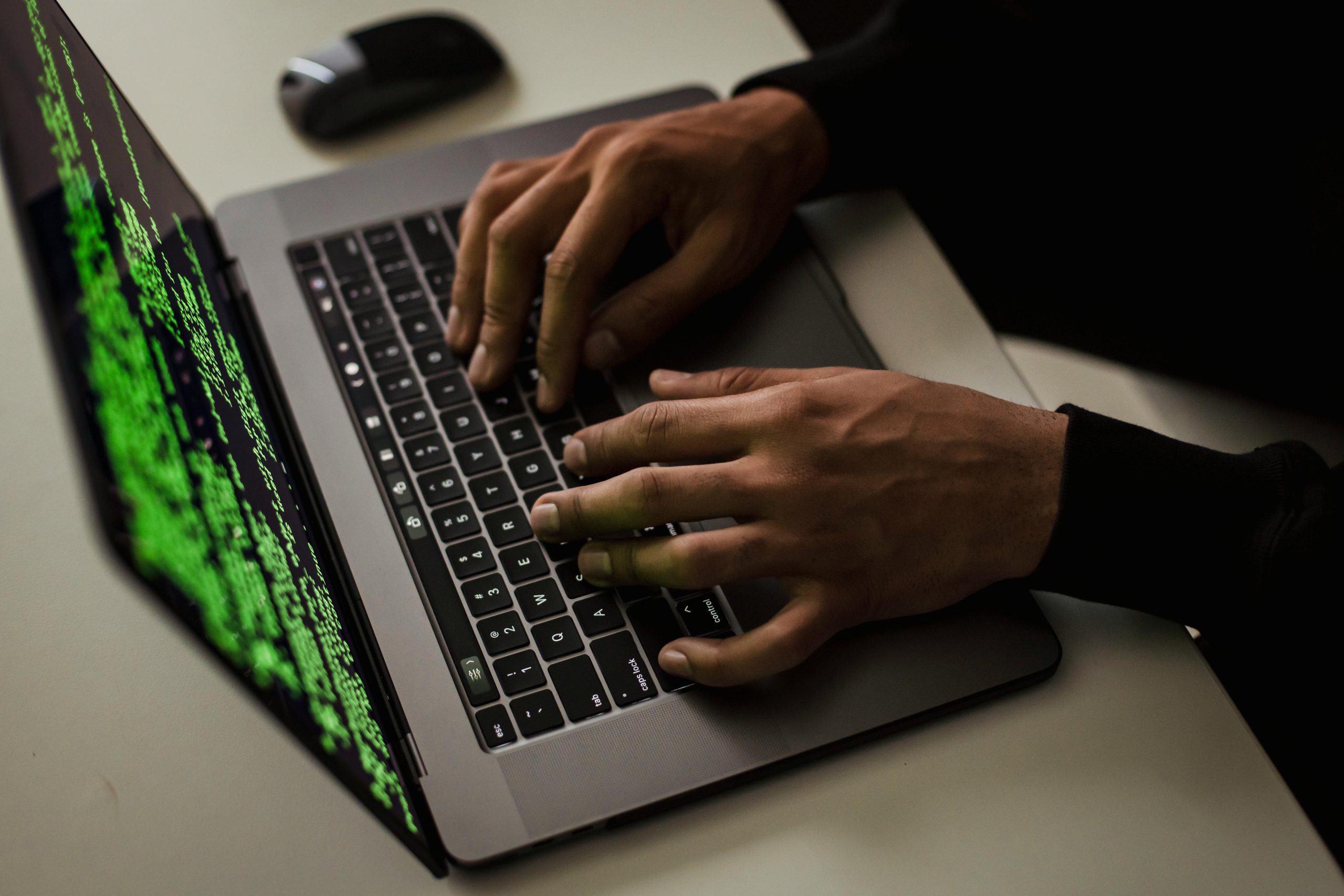Some people (including myself) tend to shrug off the emails from management that ask for us to dedicate time in our meeting-heavy schedules for one more training: cybersecurity.

For a long time, I didn’t consider those training sessions an important use of my time. I thought, ‘I’m young and tech savvy, plus how much damage could it really do?” After all, there’s a robust IT department and legal support system and we’ve heard these tips many times.
The reality is that this was a naïve and privileged perspective.
While some people can rely on a social and financial safety net during the time it takes to resolve ongoing security issues, most are not afforded the same luxury. And youth (or even a degree in Computer Science) doesn’t prepare us for the wide range of potential digital schemes. Even in the best-case scenario where parties are not dealing with any personal identity data or risking the public’s trust, security trainings are necessary for all of us, no matter how digitally adept we believe ourselves to be.
Is a data breach a big deal?
It’s reasonable to wonder if data breaches would impact you or if system hacks are anything more than an annoyance. But ultimately, there are several problems with this outlook:
- If you believe your data isn’t worth taking, think more broadly. Hackers or viruses could gain access to sensitive information (including health and financial information including via personal or work emails.)
- Even those of us who do have nothing to lose endanger others. A data breach that begins with you might not end there. Some hackers or bugs could use your accounts to gain access to others who are more vulnerable due to age, health, financial status, or role.
- Every successful security breach lends confidence and leverage to those with malicious intent.
It’s not just your security that could be impacted. Your co-workers, family and friends, anyone in your address book or contact list could have their information misused. Even if you are willing to compromise your own data, you can’t know that all your contacts are too.
Now, I feel much better knowing that even if some of the tips they provide seem intuitive, familiar, or beneath us, routine security trainings are part of an iterative learning process, providing essential reminders to safeguard our communities. Engaging, mandatory courses help people who believe they have superior knowledge keep up to date with new technologies, avoid conspicuous scams that simply caught them off guard.
Long story short, go to those security trainings and change your password!
Julia Meltzer is a recent graduate from Stanford University with a B.S. in Symbolic Systems and a coterminal M.A. in Linguistics. Her thesis focused on the historical meaning of the word “freedom”. She is originally from New York City but is happily adapting to life at the Department of Housing and Urban Development’s San Francisco hub. She has previously focused on issues of technology and environmental policy. Julia is thrilled to join the new Recent Graduate Program in HUD’s Multifamily West team. In her spare time, she loves to cook, sketch, and play with her dog Shadow.





Leave a Reply
You must be logged in to post a comment.